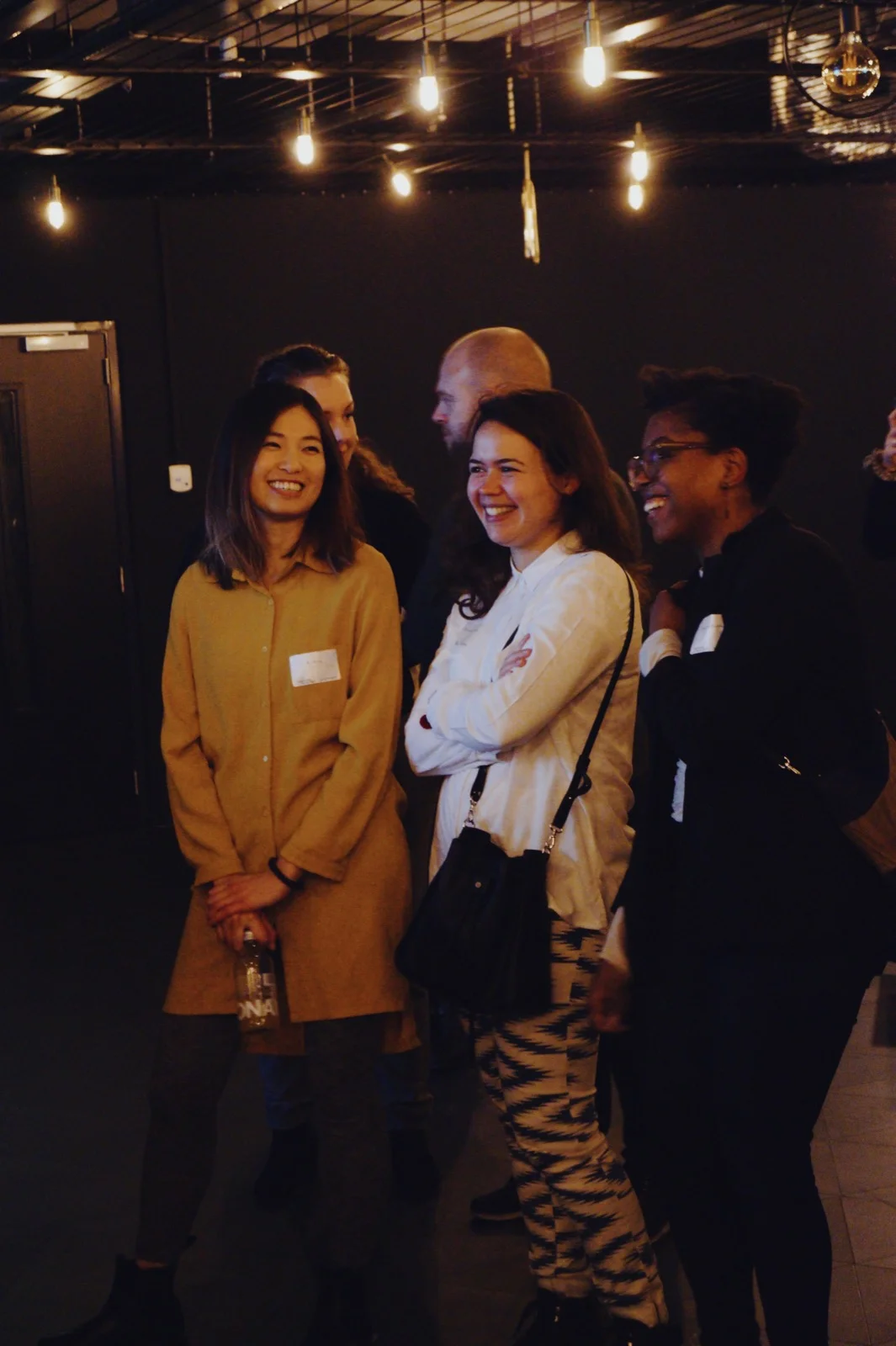It has already been a month ago that I wrote a last block. Per usual a lot of movement in the several research projects I’m working on. To get an overview of all the data I still need to gather before the end of my PhD I started working on my thesis planning. While I had the bigger picture in mind, it took a lot of time to put everything in a logical and workable sequence. Obviously not something that I could do in half a day (what was I thinking?). However, a super valuable exercise because it made me realise that I was lacking some information when it comes to which projects would make the most sense to execute in the remaining 20 months.
Thesis Planning
Up next, I did some thinking around my a thesis structure: what is the message I want to get across, how can I tell it and how to ensure this is a rigorous representation of the research I did? Based on the single case study that I have done up till now I derived four design competencies for a circular economy. However, these need further work, such as
Validation and expansion of the initial list in the form of addition interviews with designers from practice (more on this later) ,
Quantification in the form of surveys and
Comparison with the current state of design education. How else can I say what competencies the design education community should add to the curriculum in the area design for sustainability?
The feedback on my first every thesis outline (many more to follow) has been that the practical relevance is clear, but what will be my theoretical contribution? How do I see sustainability and circular economy? Are they the same…? Is circular economy something totally new and substantially different from sustainability? Might sound a bit boring, but I’ll be working on some essays about my vision as this will help me me develop my theoretical framework and influence the positioning of my further work. Interesting papers within this regard are: Sauvé et al (2016), Geissdoerfer et al (2017) and Kirchherr (2017). So, expect my upcoming blogs to be more essay-like (is that a word?) I’m super happy to continue discussion about this in real life so I can develop my thinking as well.
What I will also do next to writing my Sustainability - Circular Economy tension essay is:
Starring as a coach in the circular product design course that starts next week. It’s a blended learning course in which the mooc: circular economy: an introduction, is integrated. This is an entry-level free online mooc, accessible to the wider audience as well. So, it is definitely worth checking it out.
Continuing to have a lot of calls for the circular economy skills and competencies projects, which involves a few larger organisations. Hopefully, I can say more about this towards the end of May or June when there is a mid-term presentation for the wider audience.
Conducting a lot of interview with designers from practice who are involved in circular economy projects. This week I had my first interview with a designers who is involved in upcycling waste materials. Now that the company has gained some experience on this topic by doing it themselves, it is moving in more of a consultancy role in which it advices other companies. My main learning here is that there is a lot of rationale regarding why we should have a circular economy, but how to actually get there is a bit unclear. As of such, a small company that is trying to make waves has to teach itself and is developing its own methodologies. I’m looking to interview more designers working on circular solutions in companies (micro-sized to large corporates) , meaning closing (i.e., recycling and upcycling) and preferably slowing (reuse, refurbishing, remanufacturing) loops. If you happen to know some inspiring individuals who fit the profile, please contact me!
30 January 2019 | Taboeloos Innoveren: Maatschappelijk Verantwoord Onderuitgaan
Interesting events and articles of the last month:
Taboeloos innoveren: An event organised by People House about sustainably/socially responsible entrepreneurship. Four entrepreneurs from Dopper, Yumeko, Loopalife and the Plastic Soup Foundation, told some stories about their “failures”. I liked the concept because it showed that the successful entrepreneur also face obstacles. However, they learned and continued realising their dream. Having attempted to also create my own startup and having ‘failed’ at it, it did inspire me to push through. During the night there was also some room for reflection about what socially/sustainably responsible entrepreneurship is whether there a right way to do it. A quite challenging question that will also be part of my thinking when I’m writing the essay.
Ikea is planning to rent out their furniture. Seems like a challenging step for such a big corporate, so I’ll definitely follow their story and am hoping to talk to some designers who are involved in this project. Do you have som connections, contact me!

